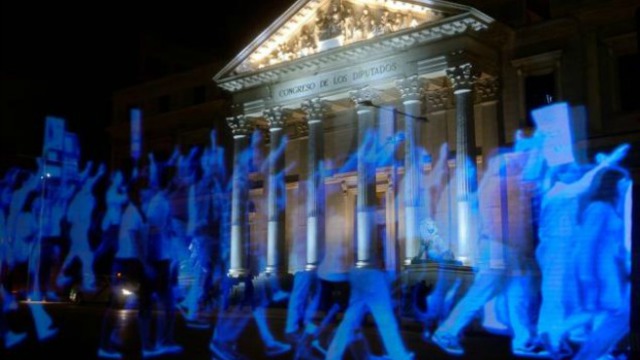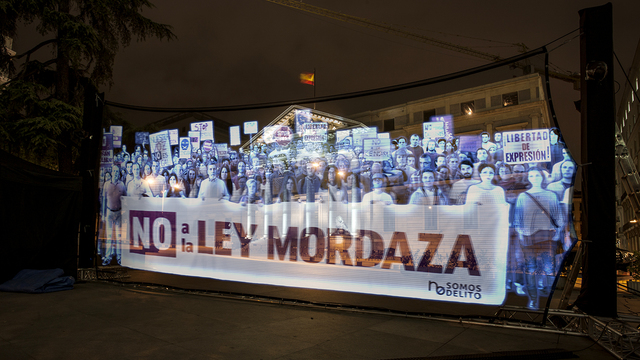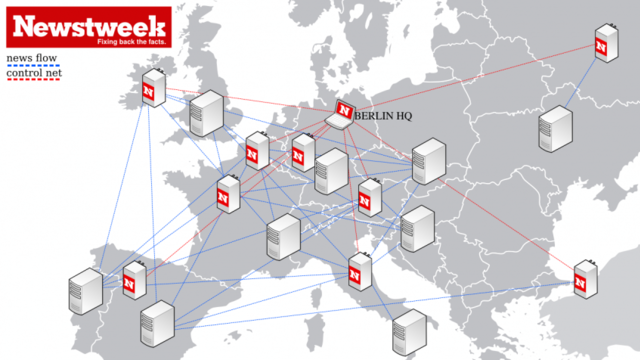article
The need for net criticism certainly is a matter of overwhelming
urgency. While a number of critics have approached the new world of
computerized communications with a healthy amount of skepticism, their
message has been lost in the noise and spectacle of corporate hype-the
unstoppable tidal wave of seduction has enveloped so many in its dynamic
utopian beauty that little time for careful reflection is left. Indeed,
a glimpse of a possibility for a better future may be contained in the
new techno-apparatus, and perhaps it is best to acknowledge these
possibilities here in the beginning, since Critical Art Ensemble (CAE)
has no desire to take the position of the neoluddites who believe that
the techno-apparatus should be rejected outright, if not destroyed. To
be sure, computerized communications offer the possibility for the
enhanced storage, retrieval, and exchange of information for those who
have access to the necessary hardware, software, and technical skills.
In turn, this increases the possibility for greater access to vital
information, faster exchange of information, enhanced distribution of
information, and cross cultural artistic and critical collaborations.
The potential humanitarian benefits of electronic systems are
undeniable; however, CAE questions whether the electronic apparatus is
being used for these purposes in the representative case, much as we
question the political policies which guide the net's development and
accessibility.
Read



